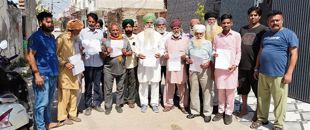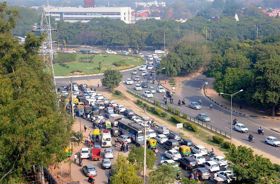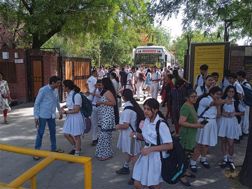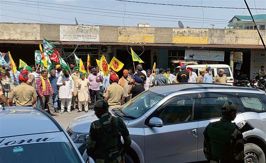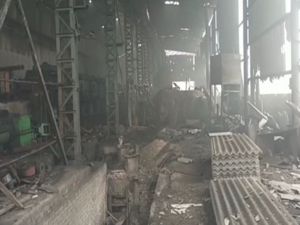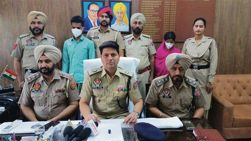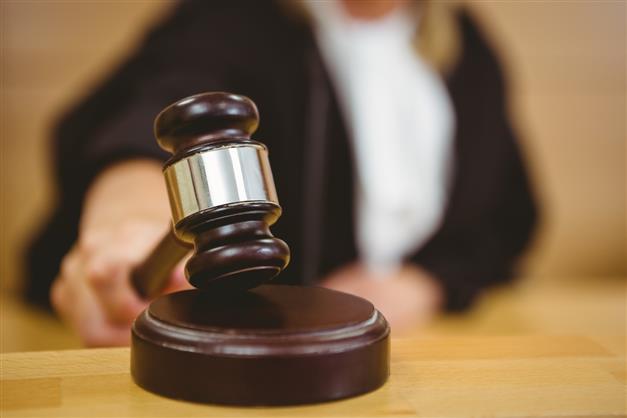
Photo used for representational purpose only. iStock
Satya Prakash
New Delhi, October 2
High courts should have primacy in selection of judges of the subordinate judiciary as they are best situated to understand the needs of the judicial service, the Supreme Court has said.
Dismissing an application filed by the Haryana Government seeking to alter the existing arrangement, a Bench led by CJI DY Chandrachud said, “If this understanding, which has been reflected in the consistent course of action since 2007, was to be deviated from, this had to be based on cogent material which is found to be evidently lacking.”
The Bench said the consistent course of action followed on the basis of the exercise of the rule making power, by the substitution of Rule 7B, would have been founded on the understanding that a broad-based committee consisting of both representatives of the high court of the state and the Public Service Commission should be entrusted with the task.
“This acknowledges the position that the High Court is best situated to understand the needs of the judicial service. Judges of the High Court who participate in the selection process have domain knowledge both of the subject and of the nature of the service,” it said in its September 26 order.
It ordered the Haryana Government to take necessary steps to fill up the existing 175 vacancies to the post of junior civil judges at the earliest by a committee consisting of three judges of the Punjab and Haryana High Court nominated by the Chief Justice, Chief Secretary, Advocate General and Haryana Public Service Commission Chairman.
The state government shall within a period of two weeks from the date of this order to take necessary step for the recruitment to conducted by a committee consisting of three judges of the high court nominated by the Chief Justice (including the CJ, if he decides so), the Chief Secretary, Advocate General and Haryana Public Service Commission Chairman,” the Bench ordered.
Article 234 of the Constitution provides that appointments to the judicial service of a State, other than district Judges, shall be made by the Governor of the State in accordance with the rules made by him in that behalf, after consultation with the State Public Service Commission and with the High Court exercising jurisdiction in relation to such State.
The process which has been followed in the State of Haryana is that the State Government has notified alterations in the Rules so as to facilitate the selection process to the judicial service being conducted under the supervision of a Committee consisting of three-Judges of the High Court nominated by the Chief Justice, two representatives of the State Government and a member of the Public Service Commission, it said.
Referring to a decision arrived at during the Chief Justices and Chief Ministers Conference, the Bench said, “Several States where the selection was being conducted by the Public Service Commissions had agreed to entrust the process to the High Courts. Certain States (Himachal Pradesh, West Bengal, Punjab and Kerala) desired that the existing system may continue, but the drawing up of question papers and evaluation of answer sheets would be entrusted to the High Court. In States where the selection was not being done by the High Courts, it was expected that the selection should be entrusted to them by amending the relevant Rules.”
In its January 4, 2007 order the SC had said “an independent and efficient judicial system is part of the basic structure of the Constitution and that if a sufficient number of Judges is not appointed, the dispensation of justice to citizens would be seriously affected.”
In that order the top court had noted that selections were required to be conducted in terms of existing judicial service rules in the States/Union Territories. A consensus had to be evolved so that the selection process could be conducted by high courts or by public service commissions under the control and supervision of high courts.
Join Whatsapp Channel of The Tribune for latest updates.






















